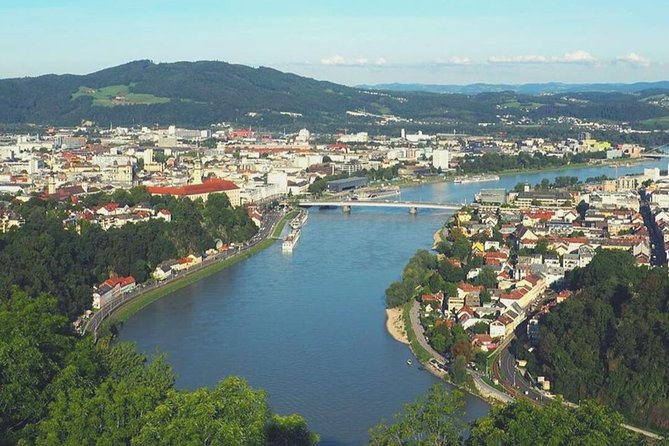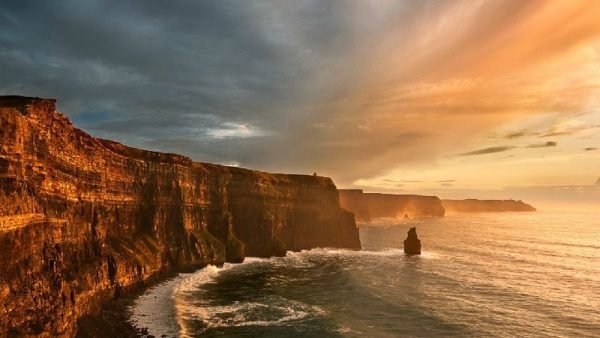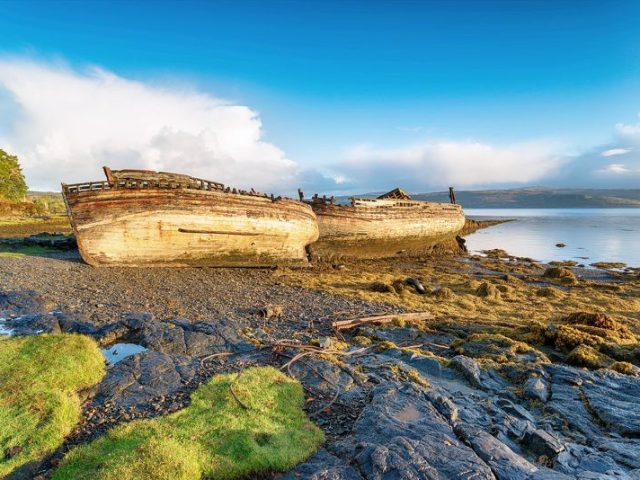The Best of Linz Walking Tour
Address
Herrenstraße 26, 4020 Linz,
GPS
48.3011019, 14.287104282663
The Best of Linz Walking Tour. Is it your goal to broaden your horizons in terms of where you can go on vacation in Eastern Europe? We say, “Why not Linz?” Help! I need recommendations for things to do and see in Linz! The Romans founded Linz in the eighth century, and since then it has grown to become a city packed with must-see landmarks and activities. In your opinion, what are some of Linz’s top tourist spots?
The city’s attractions extend far beyond the Old Town area. Some of Austria’s most treasured historical relics can be found in this bustling metropolis. Take in the stunning architecture and rich history as you wander the streets. We’re about to show you a new side of Linz. One of the city’s colorful locals will spill the beans on its hidden gems and little-known curiosities.
Highlights
- Get your visit to Linz off to a great start on a private walking tour
- Learn about the city’s vibrant modern art scene from your guide
- Choice of departure times helps you fit more into your day
- Ask as many questions as you like from your private guide
About Linz
Since prehistoric times, people have been living in the region that is today the city of Linz. It is said that the name of the city originates from the Celtic word for “bent,” which makes reference to the curve that the Danube River makes just to the east of Linz. Linz was a frontier village with a Roman stronghold during the time of the Roman Empire (Lentia).
The city reaped the benefits of its location on an important crossing of the Danube throughout the Middle Ages and into the early modern era.
Linz, on the other hand, was never able to achieve the same level of historical significance as cities such as Salzburg and Vienna, and it maintained its relatively modest size long into the 19th century. In the year 1900, there were approximately 80,000 people living in Linz.
Even while Linz is currently working to maintain its reputation as a “steel city,” the city has made significant efforts (some of which have been rather costly) to become better known as a city of culture, music, and art.
Since the 1990s, a number of brand-new museums have been built, and in 2013, the city finally opened the long-awaited opera house that had been planned for decades. The annual Ars Electronica Festival that takes place in Linz is another reason why the city is frequently featured in the media on a global scale.
Itinerary
The New Cathedral
The Immaculate Conception Cathedral, often known as the New Cathedral or Neuer Dom, is a Roman Catholic cathedral situated in Linz, Austria. The biggest church in Austria, albeit not the tallest, is neo-gothic. The cathedral is Austria’s largest church with 20,000 seats, yet it is not the tallest.
Bischofshof
The “Bischofshof” is the diocesan bishop’s home and formal residence. It also contains the General Vicariate, Episcopal Ordinariate, Education Authority, and other church administrative offices in addition to his positions.
Ursuline Church of St. Michael
Inside there is the high altarpiece by Martino Altomonte, numerous altarpieces by his son Bartolomeo Altomonte and wrought iron work worth seeing.
Nordico Stadtmuseum
In Linz, the administrative center of Upper Austria, there is a museum called the City Museum Nordico. The structure was constructed between 1607 and 1610 by the Italian master builder Francesco Silva as a farm and suburban palace for the Kremsmünster monastery. The structure was enlarged and substantially remodeled between 1673 and 1675. The ballroom still has some of the original frescoes.
Lentos Kunstmuseum (Museum of Modern Art Linz)
The museum aims to illustrate key themes and concerns in contemporary art by showcasing pieces from the Lentos collection as well as works on loan from other institutions. A vibrant schedule of activities, excursions, seminars for children, and much more complements ongoing exhibitions.
Old Cathedral, Linz
The Old Cathedral (German: Alter Dom), also known as the Ignatiuskirche or the Jesuitenkirche, is a cathedral in Linz, Austria. Between 1669 and 1683, it was erected in the Baroque style. It was the cathedral of the Diocese of Linz from 1785 until 1909. It was built near the previous Jesuits’ College on the Hauptplatz’s southern end. The Church of Ignatius (German: Ignatiuskirche) was dedicated to Saint Ignatius of Loyola, the founder of the Jesuit Order.
Linzer Landhaus
The Linzer Landhaus is a building built in several stages between 1568 and 1658 in the Upper Austrian state capital Linz and today serves as the seat of the Upper Austrian state parliament.
Mozarthaus
The structure was built in the second part of the 16th century in the Renaissance style but afterward received a new facade in the Baroque style. Josef Urbanski, who oversaw the construction of the Pöstlingberg Railway, was a prominent inhabitant of the home.
Schlossmuseum Linz
The Castle Museum sees itself as a universal museum that gives a comprehensive and impressive insight into the natural, cultural, and artistic history of Upper Austria. The collection areas, which range from prehistory to contemporary history and bear witness to diverse and extensive special areas, can be found in the historic palace and in the new south wing.
Linz’s main square
This lovely area is located at the northern end of Linz’s historic and major boulevard, Landstraße. Beautiful structures adorn the square. There are several cafes and restaurants you would like to visit.
Tour details
Tour type: Guided tour/Private
Guide language: English
Duration: 4 hours
Price: from $140 (per group)







